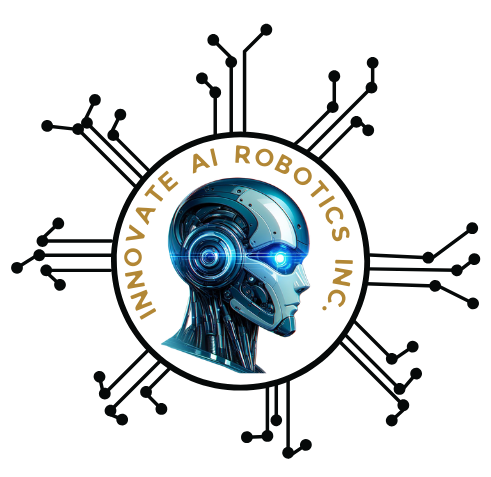Day 1: Introduction to Robotics and AI
· Icebreaker activity to get to know each other.
· Introduction to robotics and AI: What are robots? What is artificial intelligence?
· Interactive demonstration: Show simple robots (like toy robots or simple DIY robots) and explain their functionalities.
· Group discussion: Brainstorm ideas about what robots can do and how AI can make them smarter.
· Hands-on activity: Building a simple robot (e.g., a small bot using motors, wheels, and sensors like light or touch sensors).
Day 2: Understanding Sensors and Actuators
· Review of previous day’s concepts.
· Introduction to sensors and actuators: What are sensors and how do they work? What are actuators and how do they help robots move?
· Interactive demonstration: Show various sensors (e.g., light sensors, touch sensors, distance sensors) and actuators (e.g., motors, servos) and explain their functions.
· Hands-on activity: Experiment with different sensors and actuators, exploring how they interact with the environment.
· Group discussion: Reflection how sensors and actuators enable robots to sense and respond to the world around them.
· Recap and preview of upcoming days.
Day 3: Programming Basics
· Review of sensors and actuators.
· Introduction to programming: What is coding? How do we give instructions to robots?
· Interactive demonstration: We show simple programming concepts using visual programming tools like Scratch or Blockly.
· Hands-on activity: They code simple movements or behaviors for the robots built on Day 1 using block-based programming.
· Group discussion: They discuss the importance of sequencing and logic in programming robots.
· Recap and preview of upcoming days.
Day 4: Introduction to Artificial Intelligence
· Review of programming basics.
· Introduction to artificial intelligence: What is AI? How does AI make robots smarter?
· Interactive demonstration: We show examples of AI in everyday life (e.g., voice assistants, smart toys) and explain how they work.
· Hands-on activity: We introduce simple AI concepts like pattern recognition or decision making through interactive games or puzzles.
· Group discussion: They explore ethical considerations and responsible use of AI in robotics.
· Recap and preview of the final day.
Day 5: Project Day
· Review of AI concepts.
· Group project: Kids are divided into small groups and assign them a project to apply what they’ve learned throughout the week. Projects could include designing and programming a robot to complete a specific task or challenge.
· Project presentations: Each group presents their project to the class, explaining their design, programming, and any challenges they faced.
· Reflection and discussion: Reflection the week’s learning experiences and discuss future opportunities in robotics and AI.
· Closing ceremony: Certificates or awards for participation and achievement.
· Farewell and encouragement to continue exploring robotics and AI at home.
